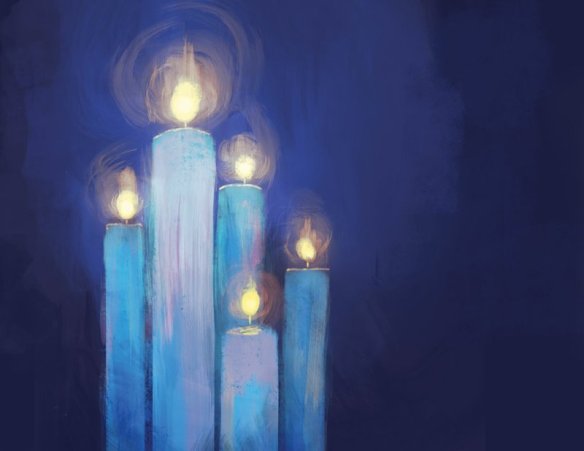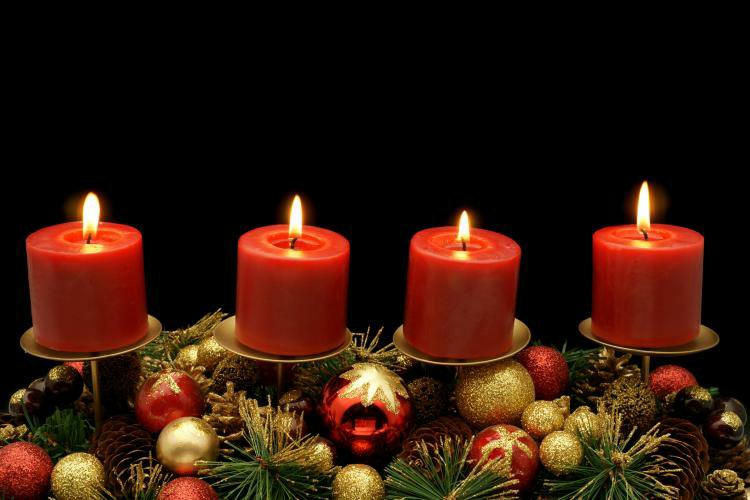
Tonight will be the longest night, the night we’re furthest from the sun (here in the northern hemisphere at least). It’s cold, the darkness draws in, and astronomy becomes metaphor. We cycle through the season, springtime and harvest, summer and winter, but we can be wary about that awareness – what if the spring doesn’t arrive, what if the nights don’t get shorter, what if, what if, what if… It can sometimes feel like the night will go on forever, with the dawn nothing but a cruel mirage. Maybe this sounds like hyperbole. Maybe it sounds like truth.
It’s here that I say that things do get better, that you’re stronger than you think you are, even when you don’t believe that. The nights get shorter, a bit more light every day. But there are times in the year that give us reasons to pause and acknowledge that sometimes things are hard, that there are those who would have been here who aren’t, that there are broken things and broken hearts, that at this time of year the music of Slade and Mariah can get drowned out by the noise of war drums, of scapegoating, of panic, or by the silence of absence, loneliness, despair. We can’t move on without acknowledging grief and sadness and loss.
“Every worship group should have a break-up song.” I can’t remember who said this – they had an Irish accent if that helps – but they were right. We like to talk of hope, of faith, joy; we’re less interested in talking about doubt, of sadness and trauma, of depression and despair and disappointment, as if these were two binary choices rather than different facets of the messiness of life.
In some traditions, today is a day to acknowledge and make room at the inn for sadness, for loss, of worry. The Nativity contains all these things alongside the hope and hallelujahs. Blue Christmas creates a space to recognise hurt and all we’ve lost. And maybe it’s appropriate that it coincides with the Feast of St. Thomas, the doubting disciple, the one who had to wait for a glimpse of hope, the one who embodies both cynicism and faith. Let’s not criticise Thomas too much – he was given hope in the midst of an impossible situation. The candle still flickers, the dawn still peeks above the horizon, a scarred but loving hand still reaches out towards Thomas, towards us.
(I don’t know if it’s a coincidence or liturgical brilliance, but today is also the celebration of ‘O Oriens’, Jesus pictured as the dawn. Shameless plug – my post on this is here, including the Holy Spirit masquerading as a robin.)
All these ideas coalesce today, because if we celebrate Blue Christmas it’s in the context of the days getting longer, increments of hope. Things can change, not because that’s an inevitability, but because we can look after each other, weep with those who weep, dance with those who sing. Sometimes, on the darkest night, God can seem far away, but that’s just an invitation to see him reflected in those around us, churches and communities as stars in the depths of the dark, candles raging against the night, a reminder that we’re still in advent, that Christmas is around the corner, that someone, somewhere, needs and wants you to be here tomorrow, next week, next Christmas.




